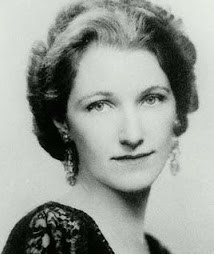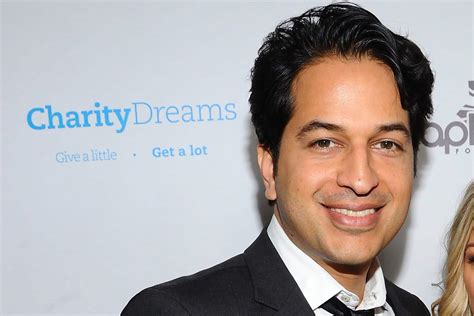A Quote by Thom Mayne
I think all good architecture should challenge you, make you start asking questions. You don't have to understand it. You may not like it. That's OK.
Quote Topics
Related Quotes
If you don't understand, ask questions. If you're uncomfortable about asking questions, say you are uncomfortable about asking questions and then ask anyway. It's easy to tell when a question is coming from a good place. Then listen some more. Sometimes people just want to feel heard. Here's to possibilities of friendship and connection and understanding.
I won't call my work entertainment. It's exploring. It's asking questions of people, constantly. 'How much do you feel? How much do you know? Are you aware of this? Can you cope with this?' A good movie will ask you questions you don't already know the answers to. Why would I want to make a film about something I already understand?
I can't make wine simple. But I can make it fun and beautiful, instead of esoteric and intimidating. The minute you realize it's OK to stumble along like the rest of us, asking questions and paying attention to your own reactions, then you'll begin what I hope will be a lifelong love affair with wine.
If you don't put the spiritual and religious dimension into our political conversation, you won't be asking the really big and important question. If you don't bring in values and religion, you'll be asking superficial questions. What is life all about? What is our relationship to God? These are the important questions. What is our obligation to one another and community? If we don't ask those questions, the residual questions that we're asking aren't as interesting.
Good information architecture enables people to find and do what they came for. Great information architecture takes find out of the equation: the site behaves as the visitor expects. Poor or missing information architecture neuters content, design, and programming and devalues the site for its owners as well as the audience it was created to serve. It’s like a film with no director. The actors may be good, the sets may be lovely, but audiences will leave soon after the opening credits.








































